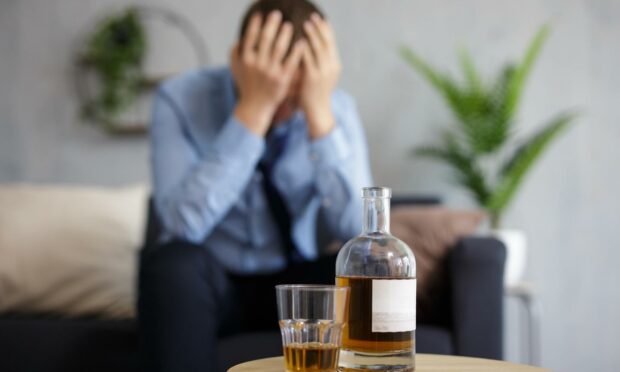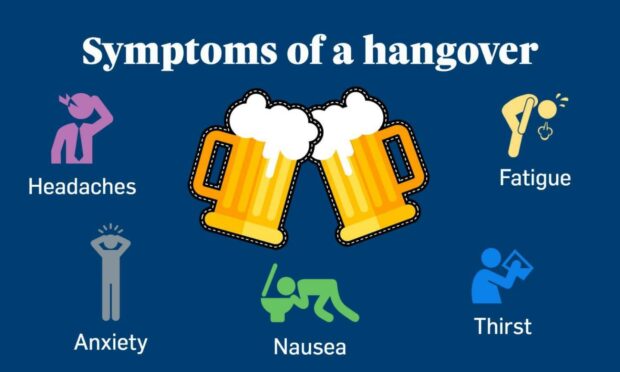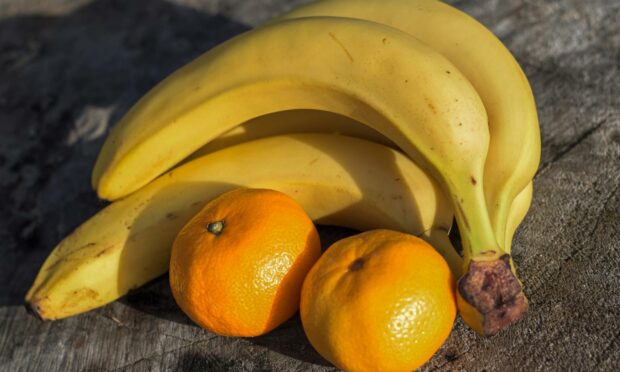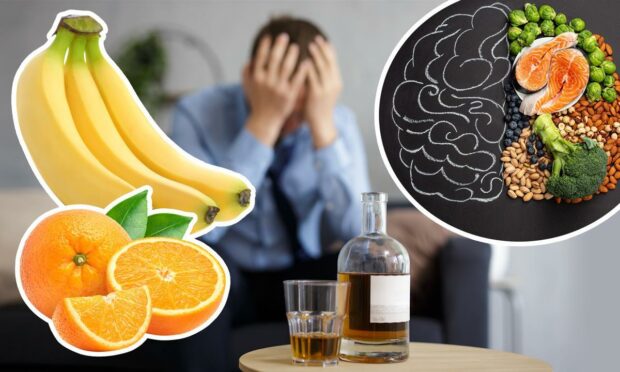Have you ever experienced the creeping feeling of dread after a wild night out? You might be affected by ‘hangxiety’.
Whether you’ve been there for a friend, or experienced it yourself, we are all aware of that dreaded feeling after a night of drinking.
But for many people, the morning after is an unenjoyable experience of trying to avoid the inevitable veisalgia – the medical term for a hangover – and remembering snippets from the previous evening.

In many cases hangovers can involve headaches, fatigue, nausea, thirst and also a feeling of ‘hangxiety’; the feeling of anxiousness during a hangover.
Hangxiety can leave many people feeling depressed, worried and overwhelmed, with an existential dread about their behaviour and what may (or may not) have occurred.
What happens to the body?
When alcohol is consumed, it interferes with the neurotransmitters sending signals to the brain. More specifically it affects your dopamine receptor which initiates your ‘feel good’ hormones.
When this happens the alcohol can make you feel happy, carefree and very sociable. However, when the hangover sets in these feelings of euphoria can quickly turn into regret or dread when the hangover arrives.

Because hangovers directly affect the chemical in the brain, this will exacerbate feelings of depression and anxiety once the dopamine in the body reduces.
Furthermore, alcohol is also a diuretic which causes the kidneys to produce more urine and promotes water loss.
This causes you to become dehydrated, and results in the common symptoms of fatigue, weakness and thirst that add to the anxiousness you may already be experiencing.
How to reduce hangxiety?
Despite all the advancements in technology, there is still no quick fix for a hangover, and so for the majority it is a case of going through the motions until the feeling leaves.
In order to avoid the effects of a hangover, the NHS recommend to avoid drinking on an empty stomach. As well as this, it may be useful to stay hydrated and drink plenty of water or fizzy drinks between alcoholic beverages to reduce the aftereffects.
Lastly, setting a limit and sticking to it can greatly benefit you during the evening, as well as reducing that anxiousness the morning after.

For those of you experiencing a hangover after last nights activities, here are a list of food and drinks that may help reduce symptoms:
- Bananas
- Eggs
- Water
- Pickles
- Spinach
- Orange juice
- Ginger
This article is part of an ongoing series where topics around food and drink and behaviour will be discussed.
If you have any suggestions on topics you would like to read about, please provide your suggestions in the submission form below.
Mariam Okhai is a food and drink journalist who also researches food behaviour.
She has a Masters in Behavioural Science for Management from the University of Stirling. Her undergraduate degree was in Psychology and Business Economics with Marketing.
She is also a certified habit coach.
You can find out more about her research on her Behavioural Foodie website.
